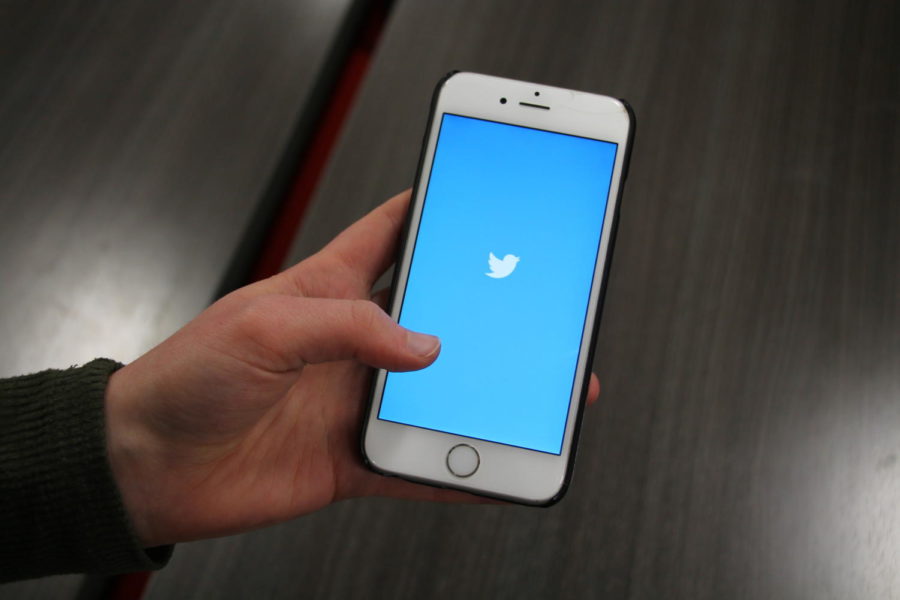Editorial: Freedom of speech doesn’t mean freedom of consequences
August 22, 2017
Free speech is essential. It keeps our democracy alive and ensures that we can have a government of the people.
The First Amendment was not written for popular speech, but rather it was written for unpopular speech. That includes hate speech.
Some may argue that hate speech shouldn’t be protected. But give the government the ability to limit hate speech where would we draw the line? The floodgates would be open to limit all kinds of speech, including that of underrepresented groups most targeted by hate speech.
But free speech can also come with consequences — not from the government, but from the people.
The beauty of free speech is that we all have the opportunity to react, to share our own thoughts and to act in response. If someone wants to support white nationalism, they legally have the right to do so. But other citizens and private companies also have the right to denounce the speech, act against it and make their own statements.
It’s quite evident that in situations where the government has no authority to restrict speech the people will react. Take for example, the student who posted a racial slur on Snapchat. The action is in no way illegal, but it is in poor taste at the least and horribly racist at worst.
Thousands of community members denounced the action, which we as an editorial board do as well. However, some took it further and responded with threats or hateful words. This will get us nowhere. While hate speech and derogatory terms may prompt anger, fear and distrust, we must rise above and react in a civil way.
Civil responses and respectful public discourse are more necessary than ever. We must attack ideas and actions, not people. This is especially important on a public college campus where we try to foster free expression while creating a welcoming environment.
That said, we want to make clear that you are responsible for your words. What you say matters and when you say something controversial or offensive, you are also responsible for what ensues. You are free to say many controversial things, but you are not free from the consequence that comes from that.
This especially seems misunderstood in the age of digital communication. No matter if your account is private or not, what you say on social media can be easily captured with a screenshot and shown to the public. What you say in the classroom, out on campus and among your friends also matters.
Ultimately, we must always protect free speech while also keeping in mind respect for one another.

















